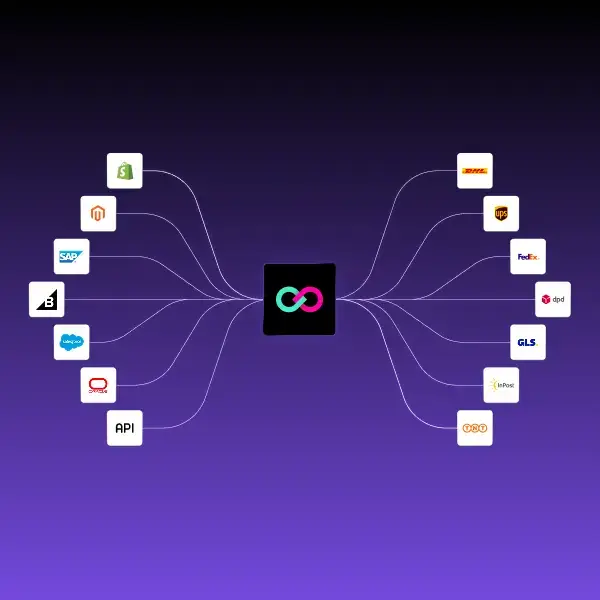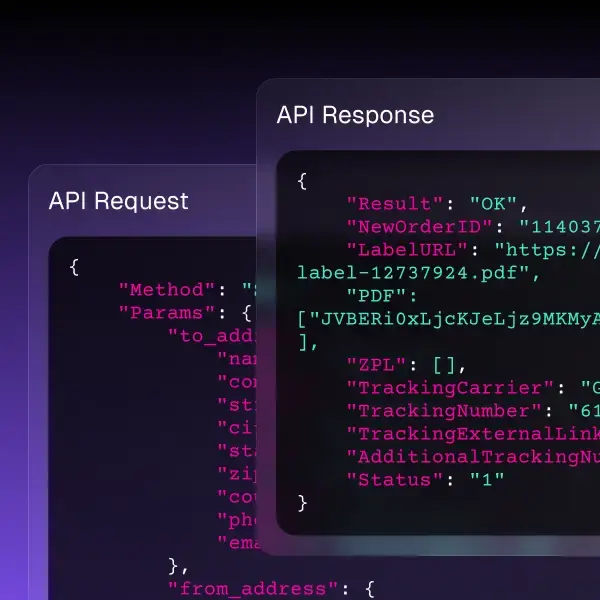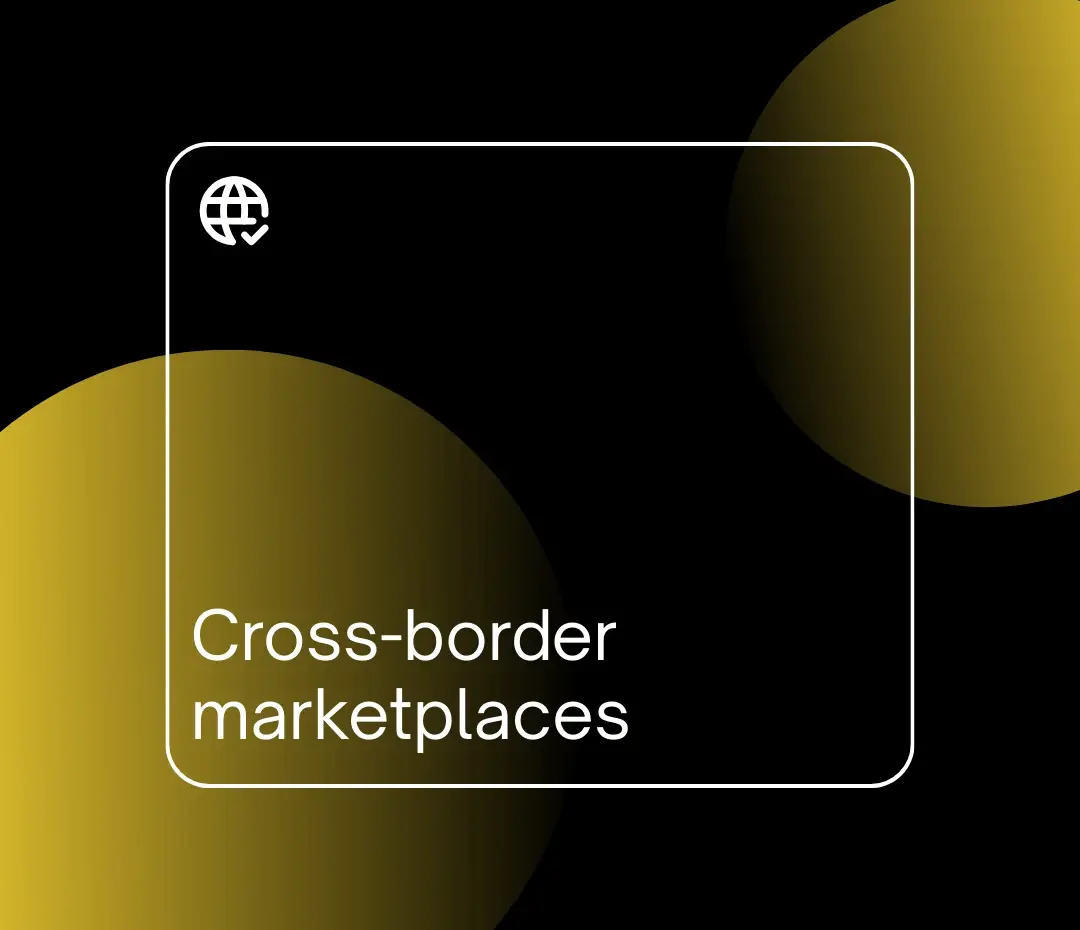Exploring the Pros and Cons of Third-Party Logistics (3PL)

Starting or scaling an online business can be a daunting process, as you have to consider all the moving parts of a successful business such as shipping, warehousing, order management and returns. All of these things need to happen smoothly to help your business grow and succeed – which is where third–party logistics (3PL) comes in.
Outsourcing important parts of the supply chain can help make processes less complicated, but also means you need to relinquish some control over all the moving parts. In this article we will explore the pros and cons of 3PL to find out whether it’s the right choice for your e-commerce business.
What is a 3PL?
Third-party logistics — more commonly known as 3PL — support merchants to manage their supply chains. Both e-commerce stores and brick-and-mortar entities are able to outsource their logistics processes, which covers:
- Order fulfilment
- Shipment tracking
- Transportation
- Warehouse and inventory management
- Retail distribution
- Exchanges
- Returns
3PL services help sellers simplify their day-to-day activities, allowing more time for marketing, product development and growing the business. All kinds of companies in various industries use 3PL; from small e-commerce stores to Fortune 500 companies.
What are the pros and cons of 3PL?
While for some business owners, logistics can be time consuming, expensive and confusing — especially if you’re new to e-commerce. It’s the less fun side of running a business but also one of the most important. Good logistics management will equate to a better customer experience and an increased retention rate, which are both important for growing your business.
3PL: Pros
Access to logistics expertise
When you use a 3PL service, you instantly have access to plenty of resources and specialised knowledge. To meet their customers' needs, 3PL providers should be incredibly knowledgeable about logistics processes in order to meet expectations. These expertise and resources help 3PL companies successfully streamline processes and improve operational efficiency.
Cost Savings
3PL services tend to be less expensive than managing the whole supply chain yourself. This is because these companies tend to aggregate numerous clients into a single facility which eliminates the need for excess infrastructure. They are also able to invest in better equipment and technology to better streamline processes and save time — which over time can save even more money.
Scalability and flexibility
3PL providers are able to handle businesses of all sizes, and can easily scale or adapt to handle fluctuating or seasonal demands. Flexibility is important when running a business, so straightforward access to a network of warehouses and distribution centres all over the world is a huge benefit for fast-growing companies.
More focus on business, less on logistics
3PL providers take over the order management, warehousing, shipping, packaging and returns so you don’t have too. This frees up a huge amount of time and capital to focus on core activities such as sales and marketing. Non-core processes can be outsources to 3PL providers, which allows for an increased focus on strategic business functions and growing your bottom line.
3PL: Cons
While using 3PL services is a no-brainer for some businesses, there are a few potential cons to consider before signing that contract.
Loss of control
Once you start using 3PL services, you relinquish control over your own supply chain. When you outsource you give away control of the whole fulfilment process. As a result you have to get comfortable with another entity being completely responsible for your logistics processes. This is not ideal for some business owners. Reliance on a third-party can sometimes result in potential communication and coordination errors between vital stakeholders: you, your 3PL provider and your customers.
Limited visibility
Businesses who use 3PL services will only have a limited or reduced insight into their supply chain processes. You will usually not know what happens on a day-to-day level once you outsource your logistics, which can cause problems if there is some kind of communication breakdown or problem in the supply chain.
Risk of dependency
Once you relinquish control over your supply chain, you risk becoming dependent on your 3PL provider. This means you’re vulnerable to their performance and reliability which can be a problem if their business starts to underperform. It can also be difficult to transition to a new 3PL provider if necessary. That would involve moving all your stock and processes to a brand new company which is both time consuming and expensive.
Cost structure and contract
It’s very important to examine any contract 3PL providers require you to sign. You also need to assess whether their cost structure works for you, what their terms of service are and what is the process to cancel your partnership. Failure to do so might lead to unexpected additional costs and be locked into a contract that puts strain on other areas of your business.
Conclusion: Is 3PL right for your business?
Logistics is a crucial part of an online business, and 3PL services offer vendors peace of mind in the world of inventory management, warehousing and shipping. However, it’s good to evaluate whether using this service is even necessary.
If you’re only processing a handful of orders a day you may not need the support of a 3PL. However, if you’re a small team with a lot of orders to process, a 3PL can help you stay on top of things.
But when do you know if it’s a good time to enlist the help of a 3PL? If your business is growing or in its early stages then you might not need to use one right away. A good time to think about 3PL services is when it makes financial sense and when you start running out of space to keep your inventory. When you start to see an increase in demand, and a strain on processing, packaging and shipping orders, then it might be time to consider a 3PL.
Lastly, it's important to compare your options. There are countless 3PL services in the UK, so you will want to do your homework before locking in a provider. Align things like cost, scalability, flexibility and contractual obligations to find the right 3PL provider that’s right for your business and its goals.
Emily Browne is a writer for ShippyPro who blends her passion for writing with an interest in all things e-commerce. Emily strives to make complex topics more digestible, proving that the world of logistics isn't as confusing as it sometimes feels! Her expertise in supply chain management, coupled with a knack for storytelling, helps readers navigate the complex world of e-commerce and shipping.









